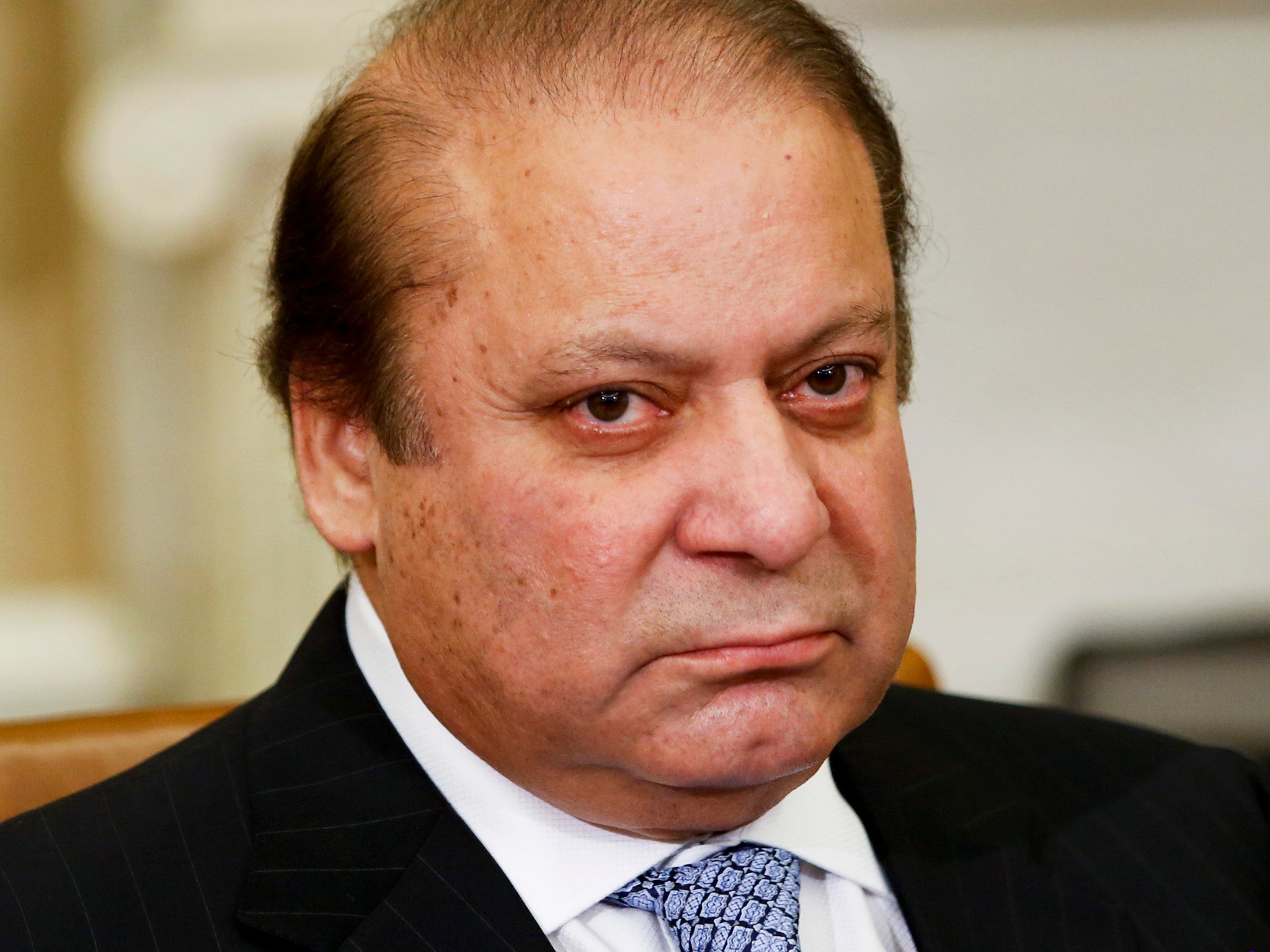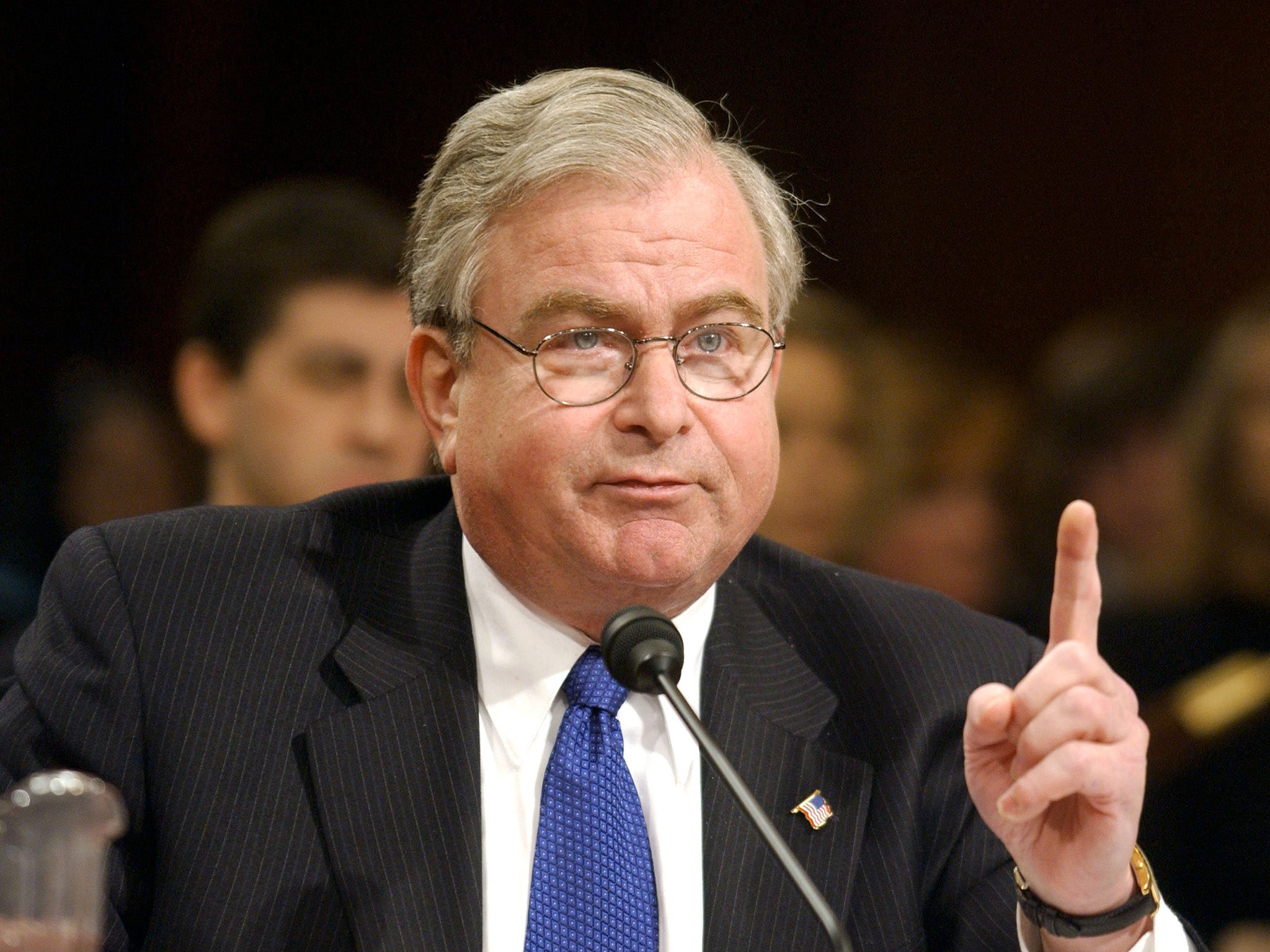Kargil war: Pakistan planned to drop nuclear bomb on India during conflict, former CIA officer claims
A former CIA analyst revealed the information in an obituary for Sandy Berger, a former national security advisor to President Clinton

Pakistan planned to deploy nuclear weapons against India during the 1999 Kargil War, according to former top White House official.
The information was revealed after former CIA analyst, Bruce Riedel, wrote an obituary for Sandy Berger who died of cancer on Wednesday. Mr Berger and was a former national security advisor to the then American President Bill Clinton.
The CIA had warned President Clinton of the plans, which formed part of the daily top secret classified briefing on July 4, 1999, when he was scheduled to meet visiting Pakistan Prime Minister Nawaz Sharif.
Mr Riedel wrote: “The morning of the Fourth, the CIA wrote in its top-secret Daily Brief that Pakistan was preparing its nuclear weapons for deployment and possible use. The intelligence was very compelling. The mood in the Oval Office was grim.
“Berger urged Clinton to hear out Sharif, but to be firm.
“Pakistan started this crisis and it must end it without any compensation. The president needed to make clear to the prime minster that only a Pakistani withdrawal could avert further escalation.

“Sandy knew Clinton better than anyone, his natural inclination was to find a deal. This time, no deal was possible, it must be an unequivocal Pakistani climbdown.
“It worked. Sharif agreed to pull back his troops. It later cost him his job: the army ousted him in a coup and he spent a decade in exile in Saudi Arabia. But the risk of a nuclear exchange in south Asia was averted.
"It was Berger's finest hour."
The Kargil war took place along the Pakistan-India Line of Control (LOC) in Ladakh, in the northern Indian state of Jammu and Kashmir.
The infiltration of Pakistani armed forces into Indian Territory, led by General Ashraf Rashid initiated the conflict.
The Indian army managed to recapture the majority of the Indian side of the LOC.
Join our commenting forum
Join thought-provoking conversations, follow other Independent readers and see their replies
Comments
Bookmark popover
Removed from bookmarks